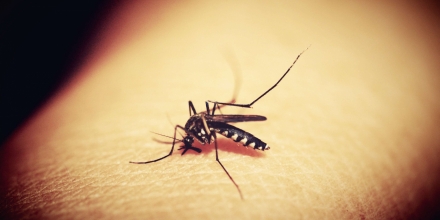Childhood malaria infection and human capital in later life: a case study in Indonesia

Event details
PhD Seminar (Econ)
Date & time
Venue
Speaker
Contacts
Adverse experiences in childhood could be detrimental to human capital accumulation in adulthood. This study investigates the long-term impact of malaria infection in childhood on educational, health, and labour market outcomes in later life. We largely utilise primary data from our own field survey in two malaria endemic regions in Indonesia. The identification strategy employs the fact the timing of malaria program implementation is plausibly exogenous and independent with the timing of a child was born and with her or his expected educational and health outcomes in later life. The results reveal that childhood malaria infection imposes educational impacts (fewer years of schooling, lower probability of completing junior and secondary schools), impairs cognitive functions, triggers depressive symptoms, and contributes to lower employment rates upon adulthood.
Updated: 15 August 2024/Responsible Officer: Crawford Engagement/Page Contact: CAP Web Team






